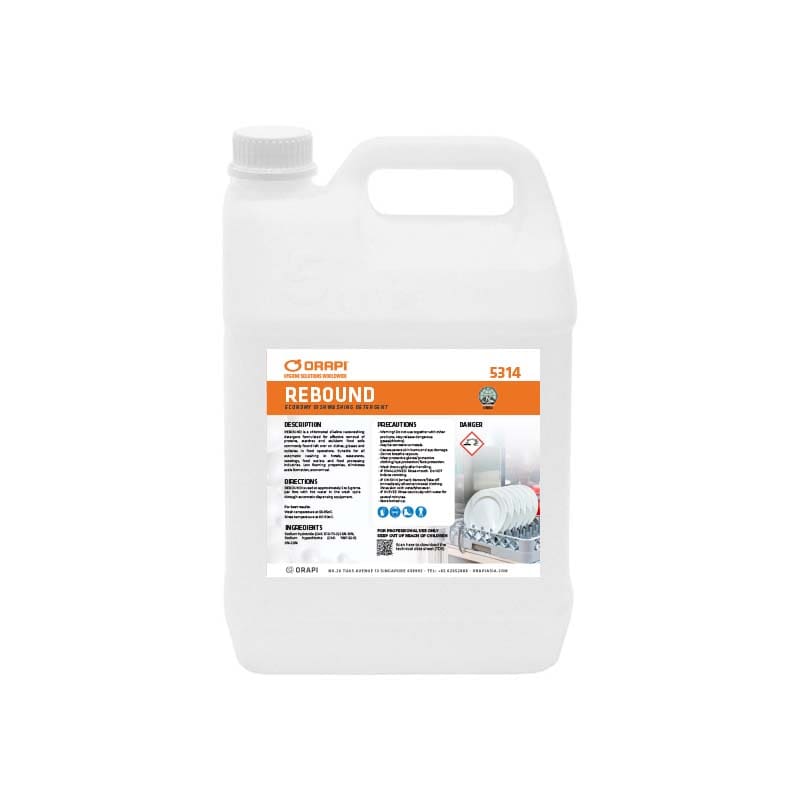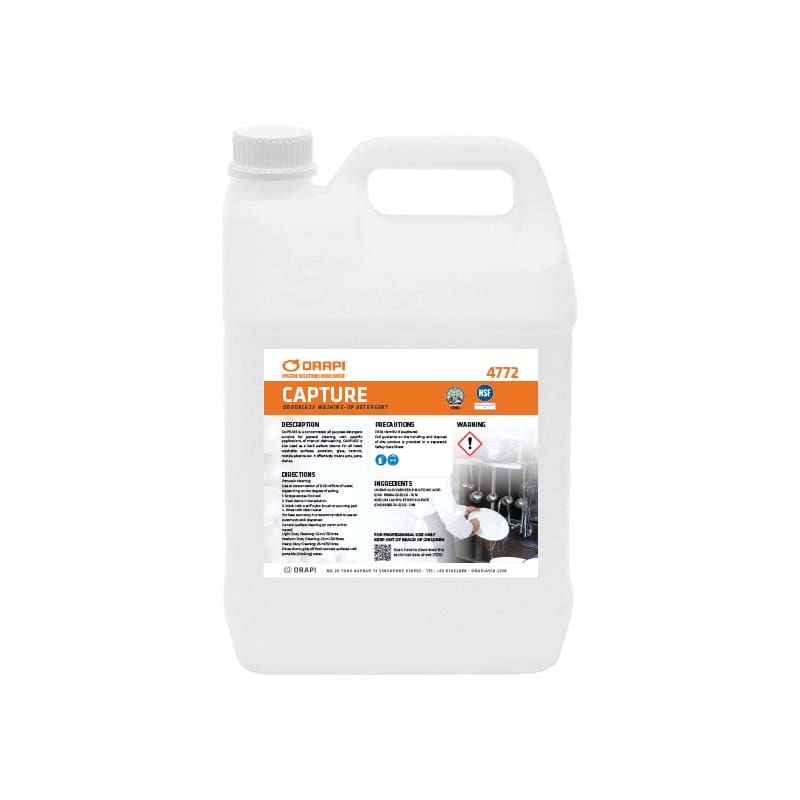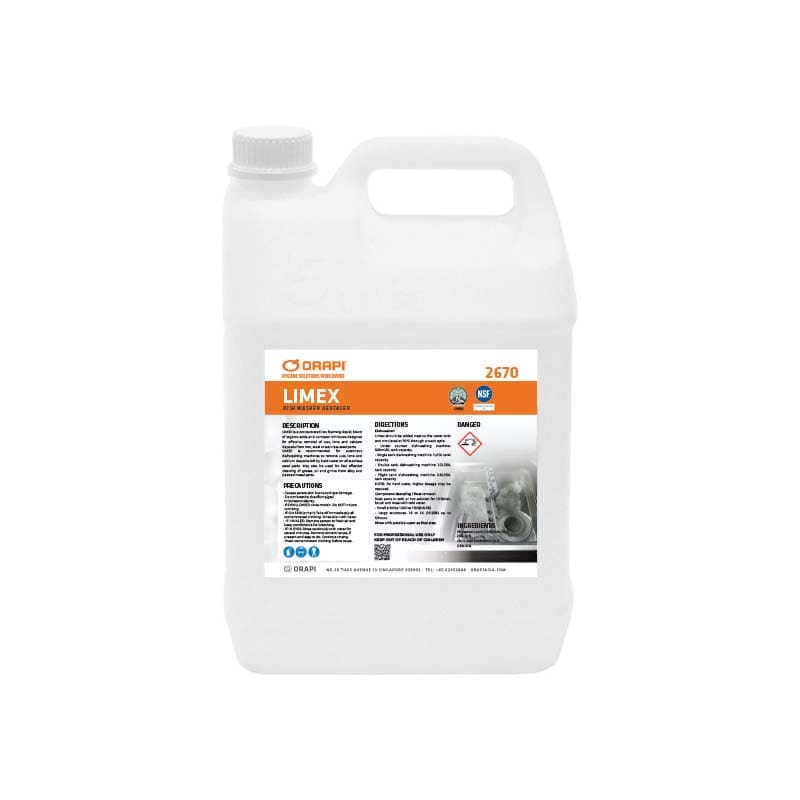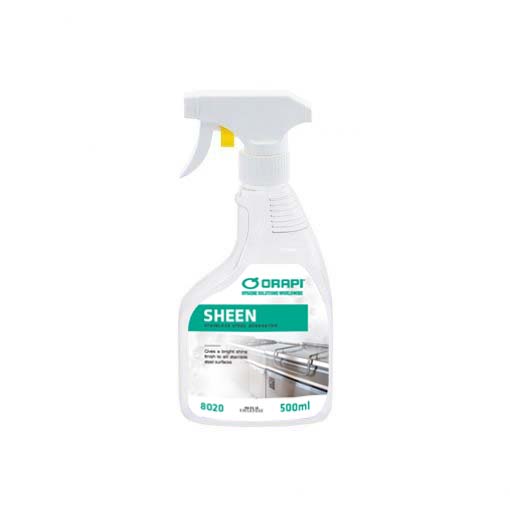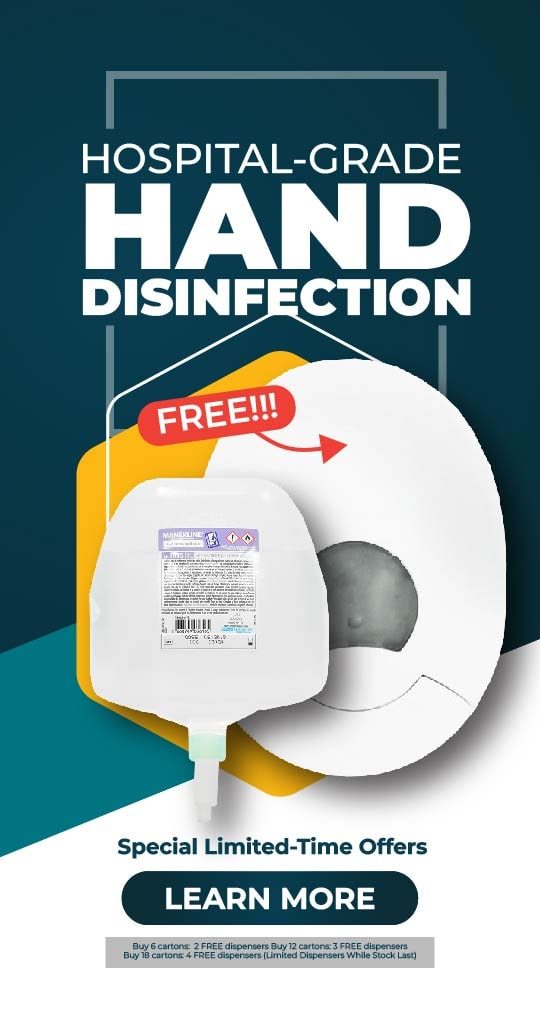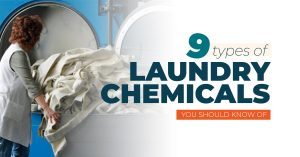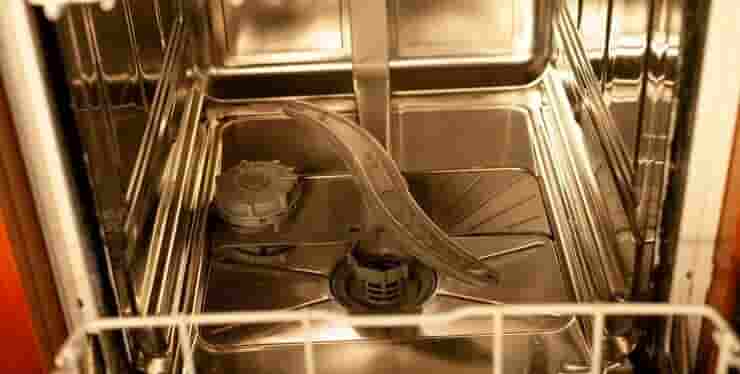
Table of Contents
Restaurants, delis, and hotels depend on dishwashers to ensure the cleanliness and sanitation of the numerous plates, pots, and pans used daily. Given its vital role, the dishwasher is one of the most industrious pieces of equipment in the kitchen, making it crucial to maintain it in optimal condition. Here are some guidelines for keeping your indispensable dishwashers, including what to do and what to avoid.
The DOs
Clean Your Dishwashers Daily
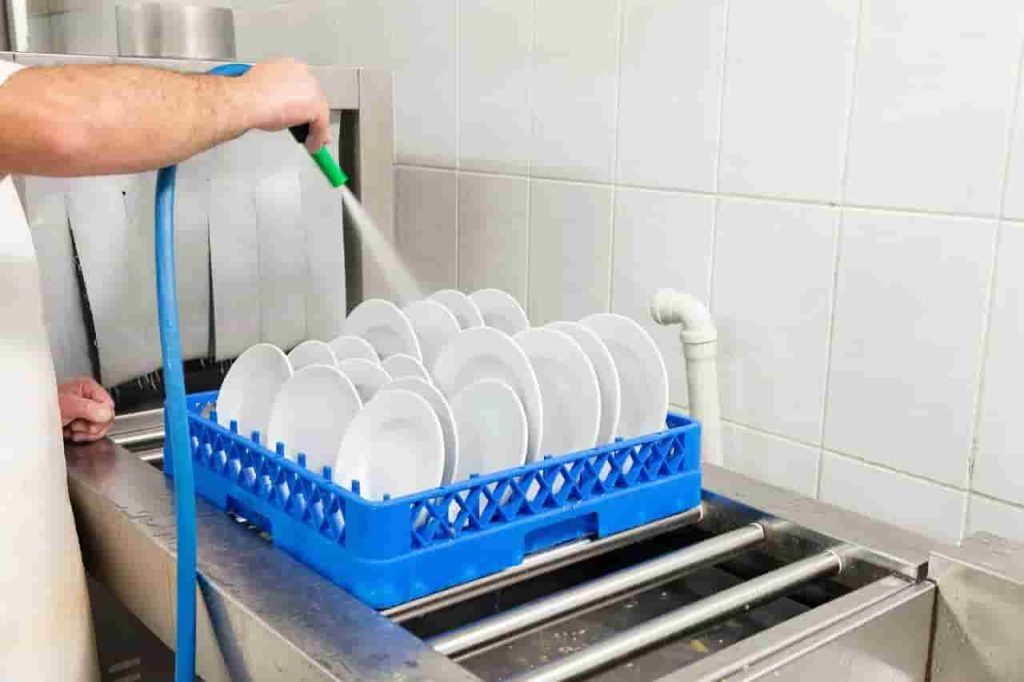
As you operate your dishwashers throughout the day, food debris will naturally build up, creating an environment for mould and bacteria growth. A dirty dishwasher not only leads to unpleasant smells but can also contaminate dishes and create serious health hazards for your customers. To prevent this, training your closing staff to clean the machine thoroughly daily is crucial, ensuring that your plates are sparkling and your customers are safe.
Use Detergents With Sequestrants
Automatic dishwashing detergents containing a sequestrant are specifically created to provide excellent performance in hard water, which contains high levels of minerals such as calcium and magnesium that can interfere with the cleaning process and leave behind specks and streaks on dishes. Sequestrants bind with mineral ions, preventing them from interfering with the cleaning process and improving the performance of the detergent. This ensures that dishes come out clean and free of spots, even in areas with hard water.
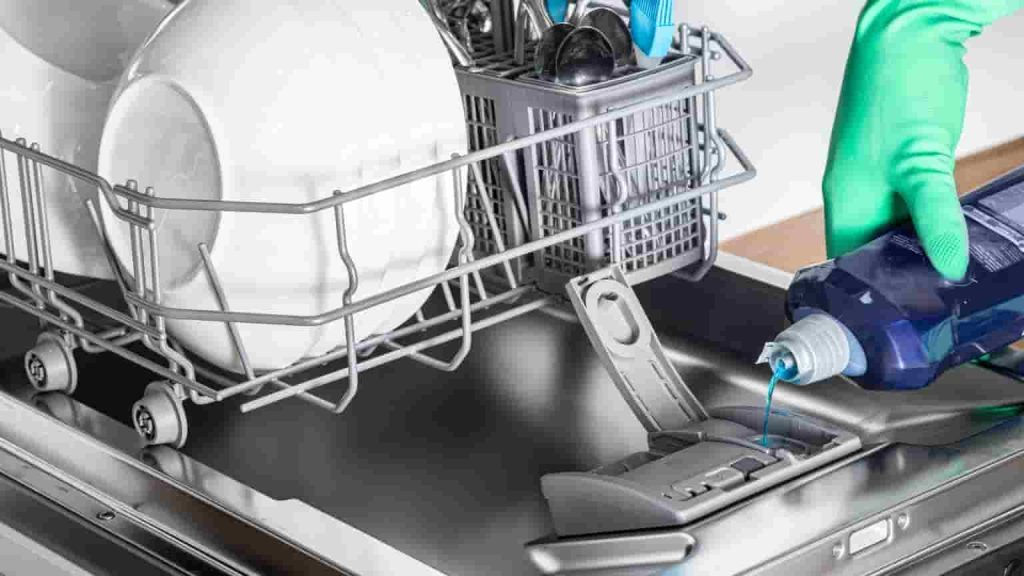
Stick to the Recommended Cleaning Products
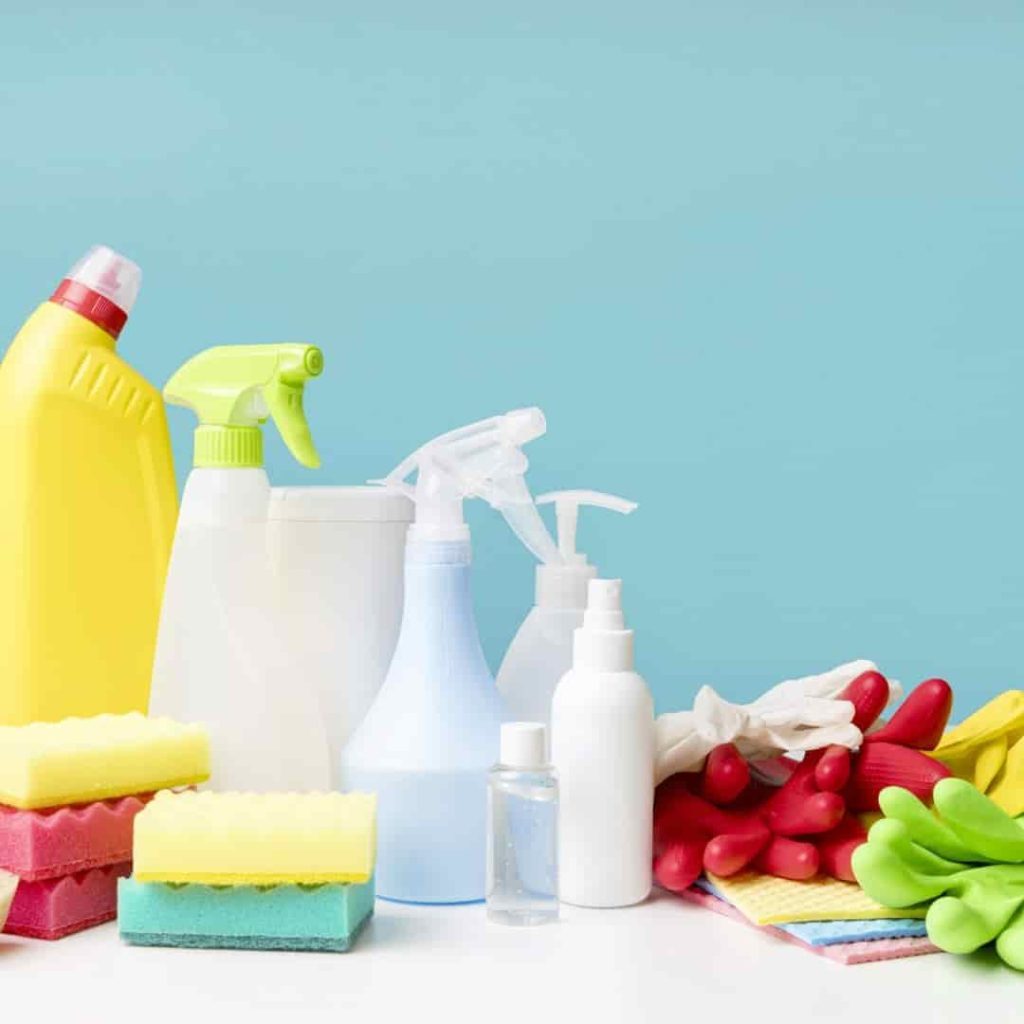
It’s crucial to keep in mind that randomly selecting detergents and sanitisers won’t produce optimal results from your dishwashing machine. While you may be tempted to use stronger products to guarantee that your dishes are clean, doing so can actually cause more harm than good. Strong cleaning agents can corrode gaskets and wear away at sensitive components, leading to costly repairs and replacements. For the longevity of your appliance, it’s critical to use cleaning products that are specifically recommended for use on dishwashing machines.
Use Detergents With Higher Alkalinity and Double-Strength Chlorine
Automatic dishwashing machines commonly use detergents with higher alkalinity and double-strength chlorine because they effectively remove tough stains, grease, and food residues from dishes and utensils. Here are some reasons why these types of detergents are preferred:
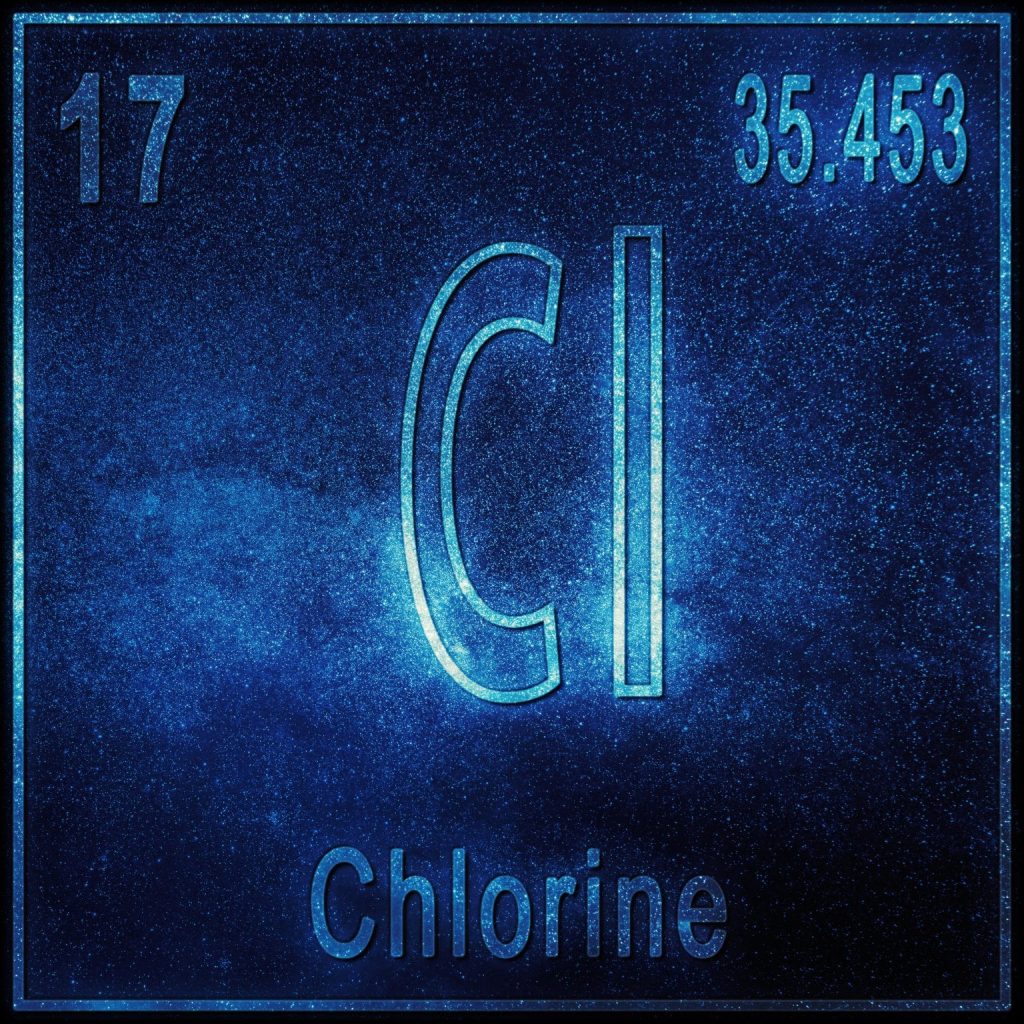
- Higher alkalinity: Alkaline detergents effectively break down food soils and greasy residues. The high pH level of these detergents helps to dissolve and emulsify oils and fats, allowing them to be easily removed during the rinse cycle.
- Double-strength chlorine: Chlorine is a powerful disinfectant that can help sanitise dishes and utensils by killing bacteria and other harmful microorganisms. Double-strength chlorine detergents can provide extra cleaning power, helping to ensure that dishes are thoroughly cleaned and sanitised.
ORAPI RECOMMENDS:
Remove All Parts of The Dishwashing Machine for Cleaning

Crustation and food debris can become stuck between panels, door frames, and other gaps, leading to contamination of the wash cycle if not addressed. By removing all parts and thoroughly cleaning them, you can help ensure that your dishwasher is operating at its best and that your dishes are being cleaned thoroughly.
Clean the Filter
Remove the filter from your automatic dishwashing machine and clean it thoroughly using dishwashing soap (preferably odourless). If left untreated, the filter can become a breeding ground for bacteria and odours, which can contaminate your dishes and impact the performance of your machine. Be sure to follow the manufacturer’s instructions for cleaning the filter, and consider doing this on a weekly or monthly basis for the best results.
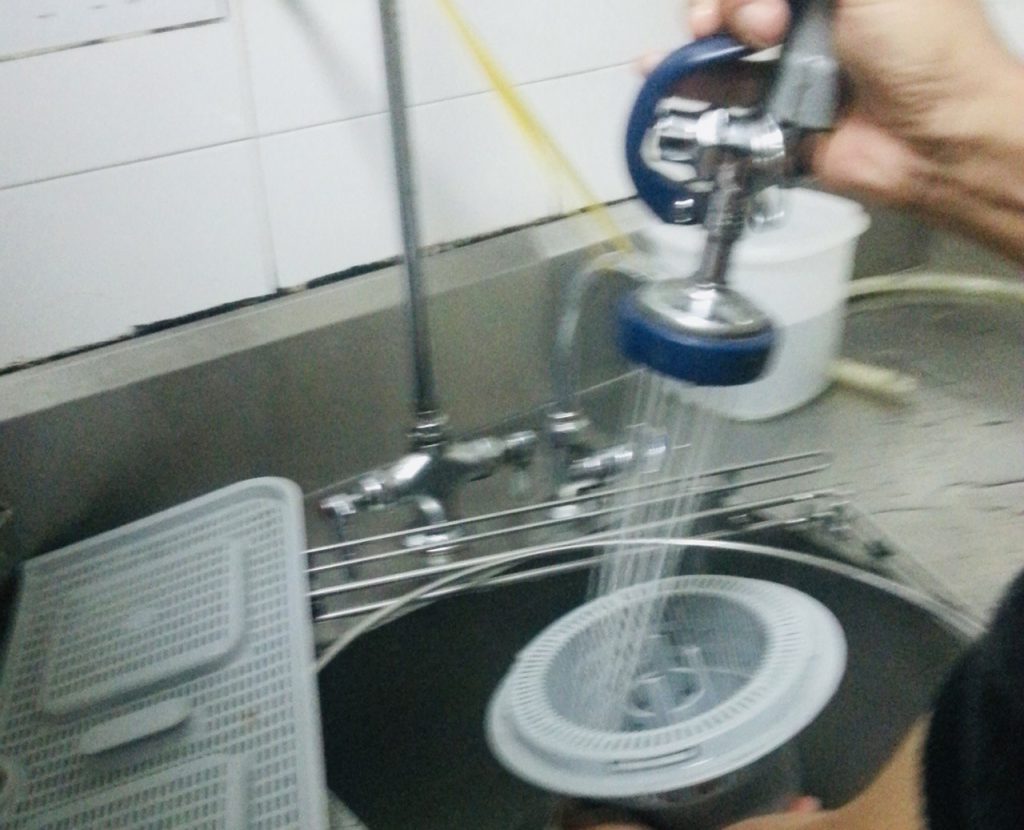
ORAPI RECOMMENDS:
Odourless Dishwashing Liquid
The DON'Ts
Don’t Use Detergents With High-Foaming Properties
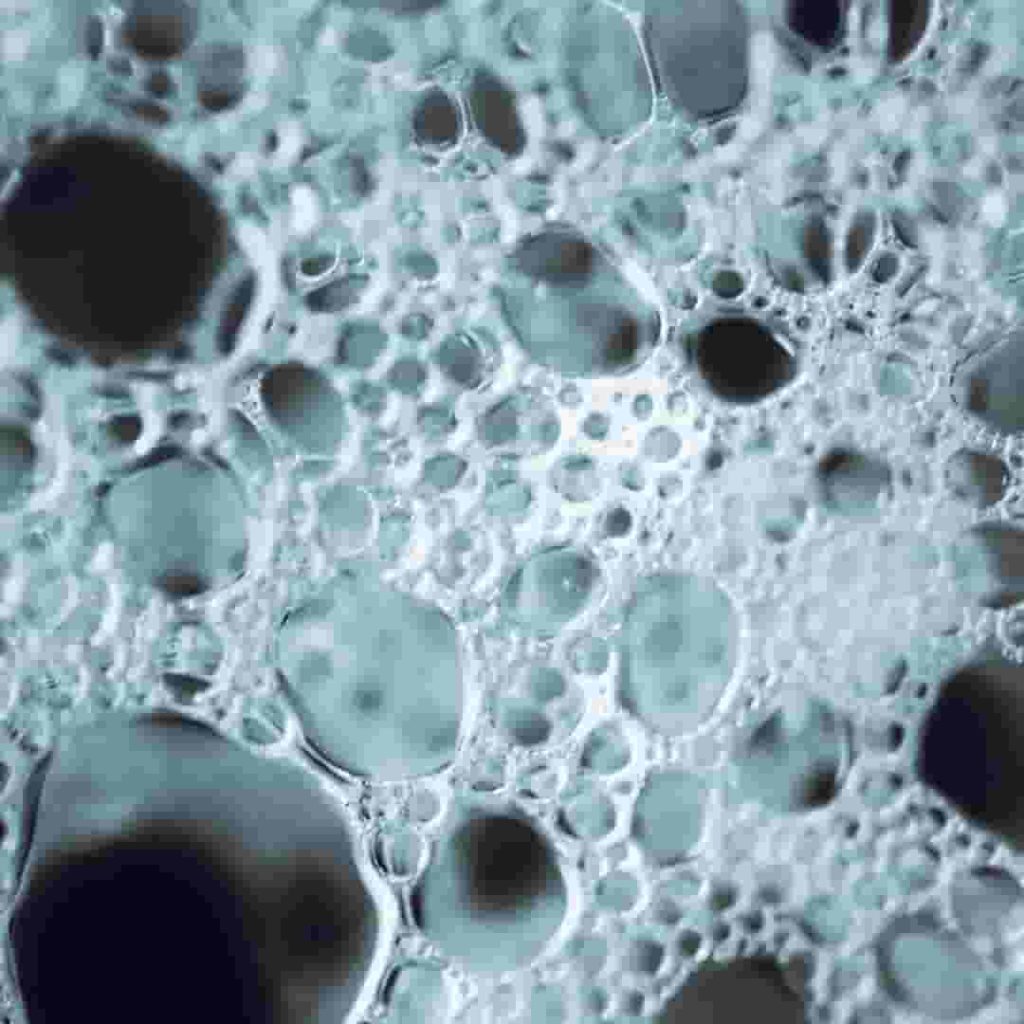
Using automatic dishwashing detergents with high-foaming properties in dishwashers can cause excessive suds and foam buildup that can overflow the dishwasher, resulting in equipment malfunction or damage. Dishwashers are developed to operate using detergents with a low level of foaming to prevent excessive suds from building up during the wash cycle.
However, detergents with high foaming properties can create a situation where dishwashers are unable to properly wash the dishes, leading to poor cleaning performance and potentially leaving behind residue and food particles on the dishes. Furthermore, high-foaming detergents can cause significant damage to the dishwasher’s components, leading to costly repairs or replacements. Therefore, it’s essential to use a detergent specifically formulated for dishwashers with low foaming properties to ensure optimal cleaning performance and prevent damage to the equipment.
Avoid Overheating the Heating Element
Before draining all the water during a major cleaning or descaling process, turning off the power to the dishwashing machine is crucial. Failure to do so can cause the heating element to overheat and deteriorate quickly, primarily if it is powered up without any water present. Over time, this can lead to the accumulation of scale on the heating element, causing it to overwork itself and require more power, ultimately reducing its lifespan and causing undue stress on the dishwasher.
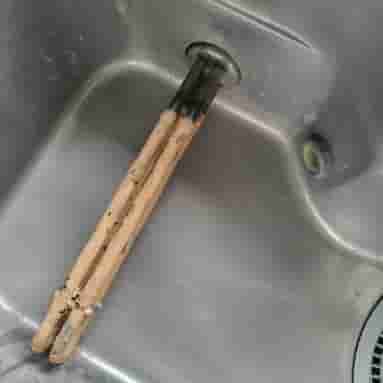
Don’t Ignore Clogged Nozzles
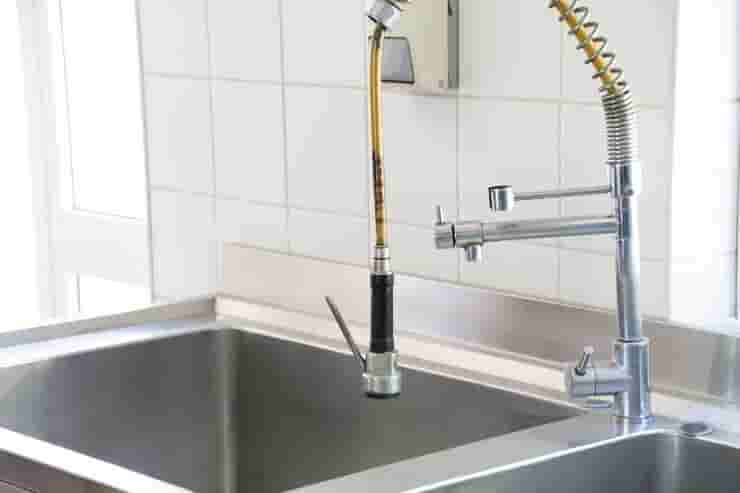
Inspect each nozzle regularly to ensure they are not clogged, as they can affect the machine’s performance and prevent a complete wash. If you notice a nozzle is not spraying properly, do not continue using the machine until the problem is resolved. Clogged nozzles can compromise the effectiveness of the machine and result in dishes that are not adequately cleaned.
Don’t Ignore Scale Formations
Scale is a buildup of minerals that can accumulate over time and negatively impact the machine’s performance. This buildup can cause dishwashers to become less efficient, leaving behind residue and stains on dishes. Over time, the accumulation of scale can also damage the dishwasher’s heating element, pumps, and other components, resulting in costly repairs or replacements.
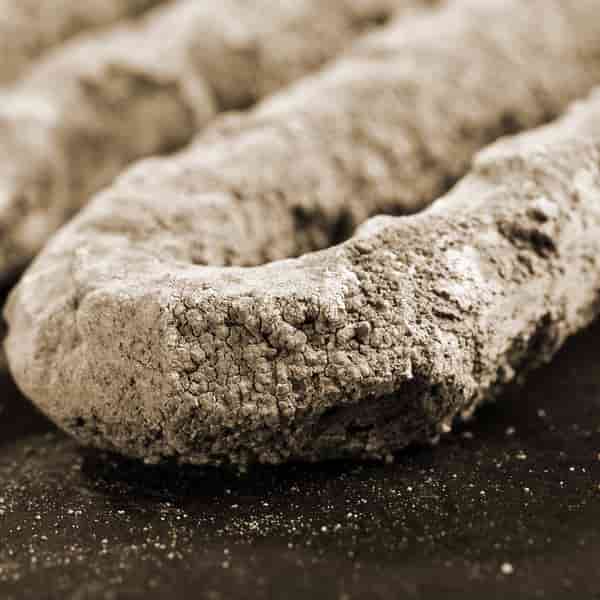
Do not ignore the scale formations on automatic dishwashing machines, as this can reduce their cleaning efficiency. To eliminate rust and scale, it is recommended to use a suitable dishwasher rust and scale remover. However, caution must be taken to avoid scrubbing the machine’s surface, as this can lead to scratches that provide an ideal breeding ground for bacteria and food debris. Scratches can also mar the appearance of dishwashers, making them look unsightly. Therefore, it is best to avoid scrubbing and use appropriate cleaning agents to keep dishwashers in good condition.
ORAPI RECOMMENDS:
Dishwasher Descaler
Don’t Neglect the Area Around Your Dishwasher
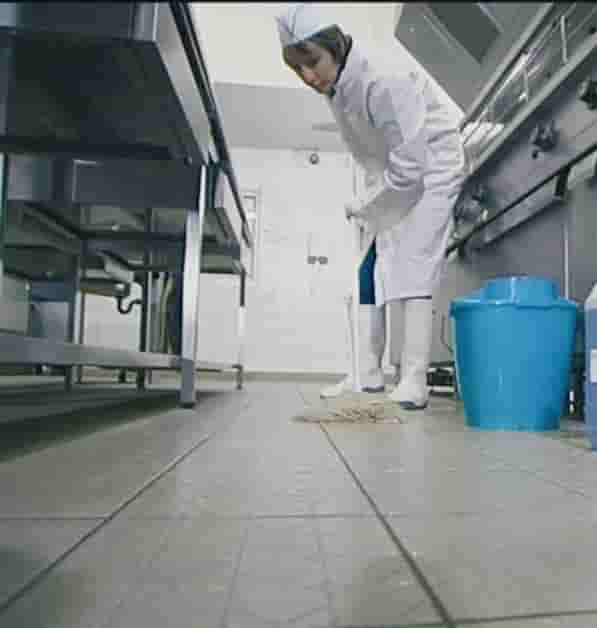
It is important to periodically move the machine and clean the surrounding area to prevent the buildup of dirt and debris. In addition, an unclean area can attract pests, such as rats, which can chew on wires and cause electrical hazards that can be dangerous for users. Therefore, clean the site regularly and take appropriate measures to prevent pest infestation around dishwashers.
Don’t Overlook the Cleanliness of the Exterior
In addition to rusting, neglecting the body of your automatic dishwashing machine can also result in the surface becoming soiled, showing fingerprints, and even deteriorating over time. This not only affects the aesthetic appeal of the machine but can also compromise its durability and functionality. Regularly cleaning the machine’s exterior can help prevent these issues and ensure that it remains in good condition for long-term use. So, make sure to take care of the body of dishwashers to keep them looking and working great.
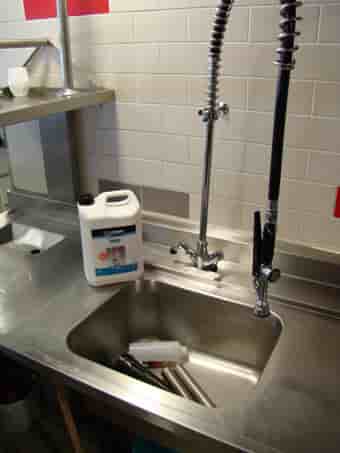
Avoid Putting Excess Food Scraps Through the Machine

While dishwashers can handle grease and tough stains, they’re not designed to dissolve large food scraps and leftovers. Too many scraps can clog the machine’s trays and filters, or even block pipes, leading to messy plumbing backups. To prevent this, make sure your staff is trained to scrape scraps into the trash and presoak flatware to keep as much debris out of the machine as possible.
ORAPI RECOMMENDS:
Stainless Steel Cleaner & Polish
Recommended Conductivity Reading
Conductivity is a measure of how well a solution can conduct an electric current, and it is often used to measure the concentration of dissolved solids in a solution, such as a cleaning or sanitising solution.
The recommended conductivity reading for an international standard wash and sanitation is between 600-1200 ppm (parts per million). This range ensures that the cleaning and sanitising solution is at an appropriate concentration to effectively clean and sanitise dishes while also minimising the risk of damage to the dishwashing machine or the dishes being cleaned.
Importance of Regular Maintenance Checks
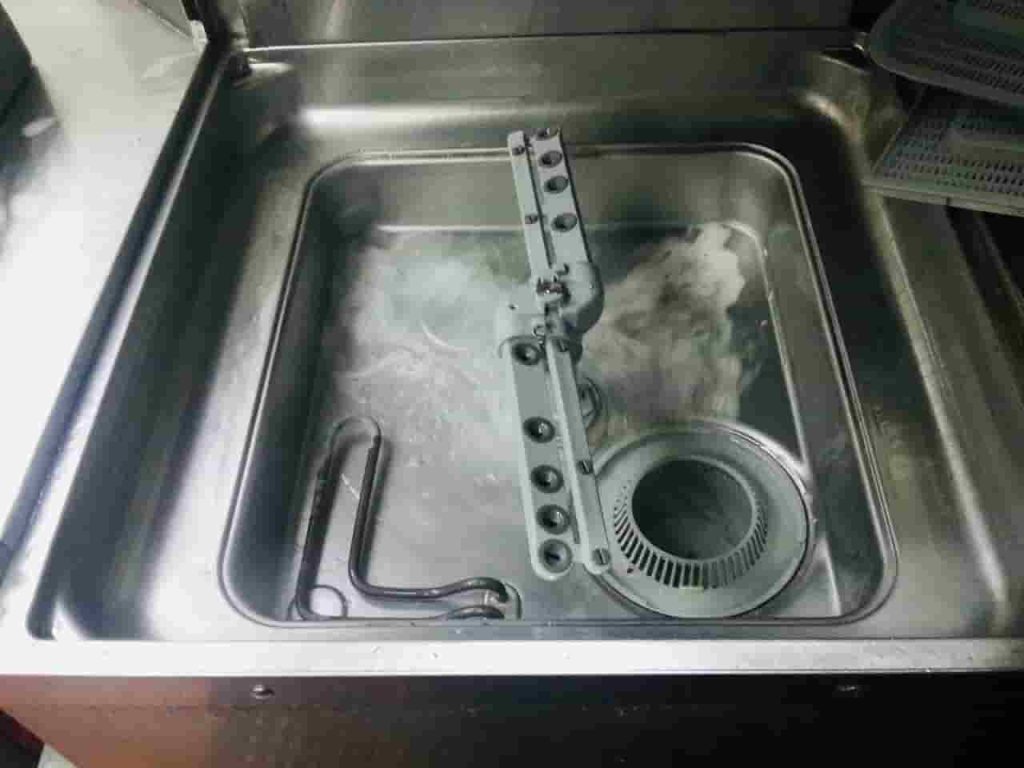
Regular checks on the dosing machine used in automatic dishwashing systems are critical to maintaining its optimal performance. The dosing machine is responsible for dispensing the correct amount of detergent and rinse aid into the wash water to ensure effective cleaning and sanitization. Over time, the dosing machine may become clogged or malfunction, resulting in inadequate dosing and suboptimal cleaning performance.
To avoid this, it is recommended to conduct regular maintenance checks to ensure that the dosing machine is operating correctly and dispensing the recommended dosage of detergent and rinse aid. If any issues are detected, the dosing machine should be serviced promptly to prevent further damage and ensure optimal cleaning results.
Airlock Purging
Automatic chemical dishwashers sometimes tend to clog and start dispensing incorrect dosages of detergent; don’t panic if you encounter such a situation. Instead, you can learn how to purge an airlock or ask for a technician’s support if you ever face such a situation. This process can help remove any blockages in the dosing machine, ensuring that the correct dosage of detergent is being dispensed for a clean and efficient wash.
Technical Support Provided by ORAPI

We understand that our customers require more than just products. As solution providers, we offer comprehensive after-care services to ensure that our customers are fully satisfied with their purchases. Whether you need assistance with microbiology pitts or want a demonstration of one of our products, our team is always on hand to provide support. Trust ORAPI to go above and beyond in providing you with the best solutions possible.
Conclusion
In conclusion, maintaining dishwashers is essential for ensuring the cleanliness and sanitation of dishes in restaurants, delis, and hotels. Daily cleaning, using recommended cleaning products, using detergents that eliminate scale formation and contain sequestrants, and cleaning all parts, including the filter, are some essential guidelines to follow. On the other hand, using detergents with high-foaming properties and overheating the heating element should be avoided to prevent equipment malfunction or damage. Following these guidelines can extend the dishwasher’s lifespan and save businesses from costly repairs or replacements.
FAQ
If your dishwashing is still oily after running it through the dishwasher, the calibration of the cleaning chemicals may not be correct. Dishwashing detergents are formulated to break down and remove grease and oil from dishes. If the chemicals are not calibrated correctly, they may not be effective at removing all of the oil and grease from your dishes or may not rinse away all of the detergent residues. Consider adjusting the amount of detergent you use or checking with a professional to ensure that your dishwasher is calibrated correctly.
Drying: Rinse aid helps dishes to dry faster and more thoroughly by reducing the surface tension of water. This means that water will run off dishes more easily and evaporate more quickly, reducing the time it takes for dishes to dry.
Spotting and streaking: Rinse aid also helps to prevent spotting and streaking on dishes by reducing the amount of water left on them. This is especially important for dishwashing, where large volumes of dishes need to be washed quickly and efficiently.
Sanitation: Rinse aid can help sanitise dishes by reducing the amount of residual water left on them. This can help to prevent the growth of bacteria and other microorganisms that can cause foodborne illnesses.
Efficiency: Finally, using rinse aid can help improve dishwashing machines’ efficiency by reducing the need for manual drying and re-washing of dishes. This can save time and labour costs and help to ensure that dishes are cleaned thoroughly and consistently.
If your dishwasher produces too much foam, it could be because too much rinse aid is injected into it. Rinse aid is a chemical additive designed to help water sheet off dishes and glassware to prevent spots and streaks. If too much rinse aid is injected, it can cause excess foam to form in the dishwasher, resulting in poor cleaning performance and even damage to the dishwasher.
To fix the issue, try reducing the amount of rinse aid you use by adjusting the settings on your dishwasher or using a smaller amount of rinse aid. If the problem persists, you may need to contact a professional to check the rinse aid injection system and make any necessary repairs.
If your dishwasher is not getting water, it could be due to a faulty solenoid valve. The solenoid valve is an electromechanical device that controls the flow of water into the dishwasher. If the solenoid valve is defective or not functioning correctly, it can prevent water from entering the dishwasher.
To fix the issue, you may need to replace the solenoid valve. This will typically require the help of a professional appliance repair technician, who can diagnose the problem and install a new valve if necessary. Before calling a technician, you can also check to ensure that the water supply to your dishwasher is turned on and that there are no kinks or clogs in the water supply line. If the problem persists after checking these factors, it is likely that the solenoid valve is faulty and needs to be replaced.
If you see spots on your cutlery after running them through the dishwasher, it could be due to a problem with the dishwasher’s tubing. Specifically, the tubing that supplies cleaning chemicals to the dishwasher may be clogged or stuck, preventing the chemicals from being adequately distributed throughout the dishwasher.
To fix the issue, you should first check the incoming supply of cleaning chemicals to ensure they are properly delivered to the dishwasher. If the supply is working properly, then it may be necessary to inspect and clean the tubing to remove any clogs or obstructions that may be preventing the chemicals from being properly distributed. This may require the help of a professional appliance repair technician, who can diagnose the problem and clean or replace the tubing as needed.
No, you do not need to manually wash the dishes before putting them in the automatic dishwasher. In fact, doing so can interfere with the dishwasher’s cleaning performance and may cause damage to the machine.
However, if you do choose to manually wash the dishes before placing them in the dishwasher, it’s important to avoid using any cleaning chemicals, as these can interfere with the performance of the dishwasher’s cleaning chemicals. Additionally, if you are soaking the dishes before placing them in the dishwasher, be sure to rinse off all detergent before placing them in the machine.
In general, it is best to remove any excess food debris from the dishes before placing them in the dishwasher rather than manually washing them. This will help ensure that the dishwasher is able to clean the dishes effectively and efficiently without any interference from outside cleaning agents or residue.
No, you should not mix Regular Wash with Glassware. The detergent and rinse aid settings for Regular Wash and Glassware are different, and using the wrong setting can result in residue, etching, cloudiness, or damage to your glassware.
We recommend conducting a major cleaning/maintenance on your dishwasher at least once a week, on a non-busy day such as Monday. This will help guarantee that your dishwasher is operating at peak efficiency and will also help extend your machine’s lifespan.
A significant cleaning/maintenance typically involves cleaning the filters, sprayer arms, and interior of the dishwasher, as well as inspecting the machine for any signs of wear or damage. It may also involve running a cleaning cycle with a specialised dishwasher cleaner, which can help remove any buildup or residue from the machine’s interior.
Refer to this page for answer to some additional FAQs.


